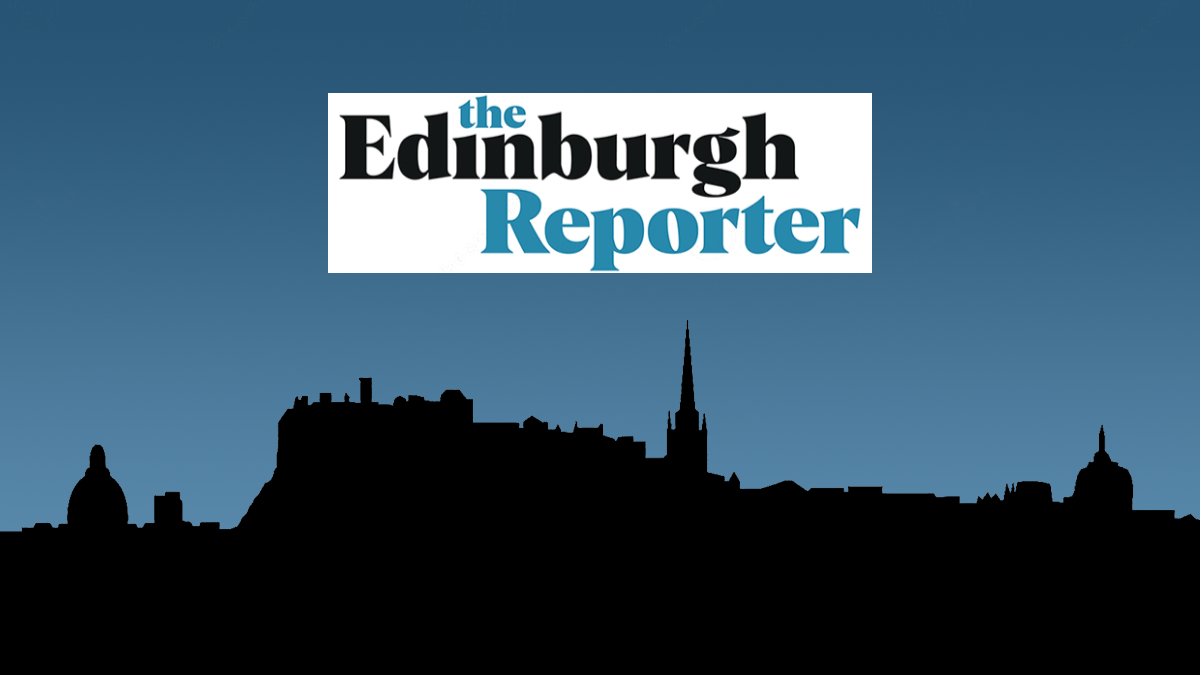The online broadcasting of Edinburgh Council meetings will remain unchanged after councillors said the costs required to keep webcasting three committees was worth it.
City officers had asked councillors to approve ceasing broadcasting three council committees with low viewership numbers, in a bid to save around £6,000 per year.
But councillors agreed that the sum was a “small price to pay” for transparency, deciding at the Policy and Sustainability Committee on Tuesday to keep webcasting three meetings.
Officers had suggested the webcasting of the Pentland Hills Regional Park Joint Committee, the Local Review Body and the Consultative Committee with Parents cease to be webcast.
They said the low viewership of each – with all three together making up under 3% of the council’s webcast views in the year to June 30 – made them not worth the cost.
Edinburgh Council has webcast some meetings since 2012, but the covid lockdown saw almost all public meetings begin to be broadcast online.
If approved, the reduction of webcasting would have returned the offering to the pre-pandemic level, with the addition of the Traffic Regulation Orders Sub-Committee and the Edinburgh City Region Joint Deal committee.
Councillors also discussed whether some private meetings, and private portions of public meetings, should be recorded.
Officers recommended that they not be recorded at all, in order to reduce legal risk, but also put forward options where they could be recorded via Microsoft Teams or the city’s webcast system.
They suggested that these recordings be deleted as soon as minutes of what was said in each meeting were agreed.
Councillors agreed with officers that private council business should not be recorded on a 9-8 vote, with supporters citing security concerns.
SNP councillor Kate Campbell said: “Everyone is in agreement that £6,000 to maintain transparency is a small price to pay for democracy.
“Where I think maybe we don’t have support, and maybe I’m making a plea to colleagues – we’re happy for private business to be recorded through Teams, but we think it should be retained for two years.
“There are a number of reasons why we think that. There’s just a lot of discussions we have on private business where they are nuanced and detailed discussions.
“Sometimes it comes to light much later that the focus of that discussion, or where that report was focused, councillors weren’t given information they needed at the time.
“It can then result in decisions having been made much later where you can trace back to a committee that was [in private], and currently we’re at a real disadvantage where we just don’t have a record of that.”
And SNP group leader councillor Simita Kumar remarked that there had been a situation where a decision had been made in private on unlicensed HMOs where councillors did not remember what had been said.
Liberal Democrat group leader Edward Thornley said: “I’m glad that we seem to have come to an agreement about public meetings.
“On the recording, and storing of private meetings – I don’t think we’ve got enough assurance that this can be done fully securely.”
The Conservative councillors in the committee agreed with the Liberal Democrat position.
Green councillor Alex Staniforth said: “While I understand some concerns around security, papers can be leaked, and have been leaked. Comments can be leaked, and have been leaked.
“Any one person in this room, were they being unscrupulous, could subtly record the discussion being held. I hope no-one would, but they could do it.
“And having Teams recordings of those discussions is more advantageous than it is deleterious to our security. We must face the fact, this place is not leak-proof as it is.
“I don’t think [recording the meetings] would make it leakier.”
The SNP group also tried to get the committee to agree to begin recording the Pensions Committee, however, the committee did not agree this.
By Joseph Sullivan Local Democracy Reporter
The Local Democracy Reporting Service (LDRS) is a public service news agency. It is funded by the BBC, provided by the local news sector (in Edinburgh that is Reach plc (the publisher behind Edinburgh Live and The Daily Record) and used by many qualifying partners. Local Democracy Reporters cover news about top-tier local authorities and other public service organisations.
Like this:
Like Loading…
Related
